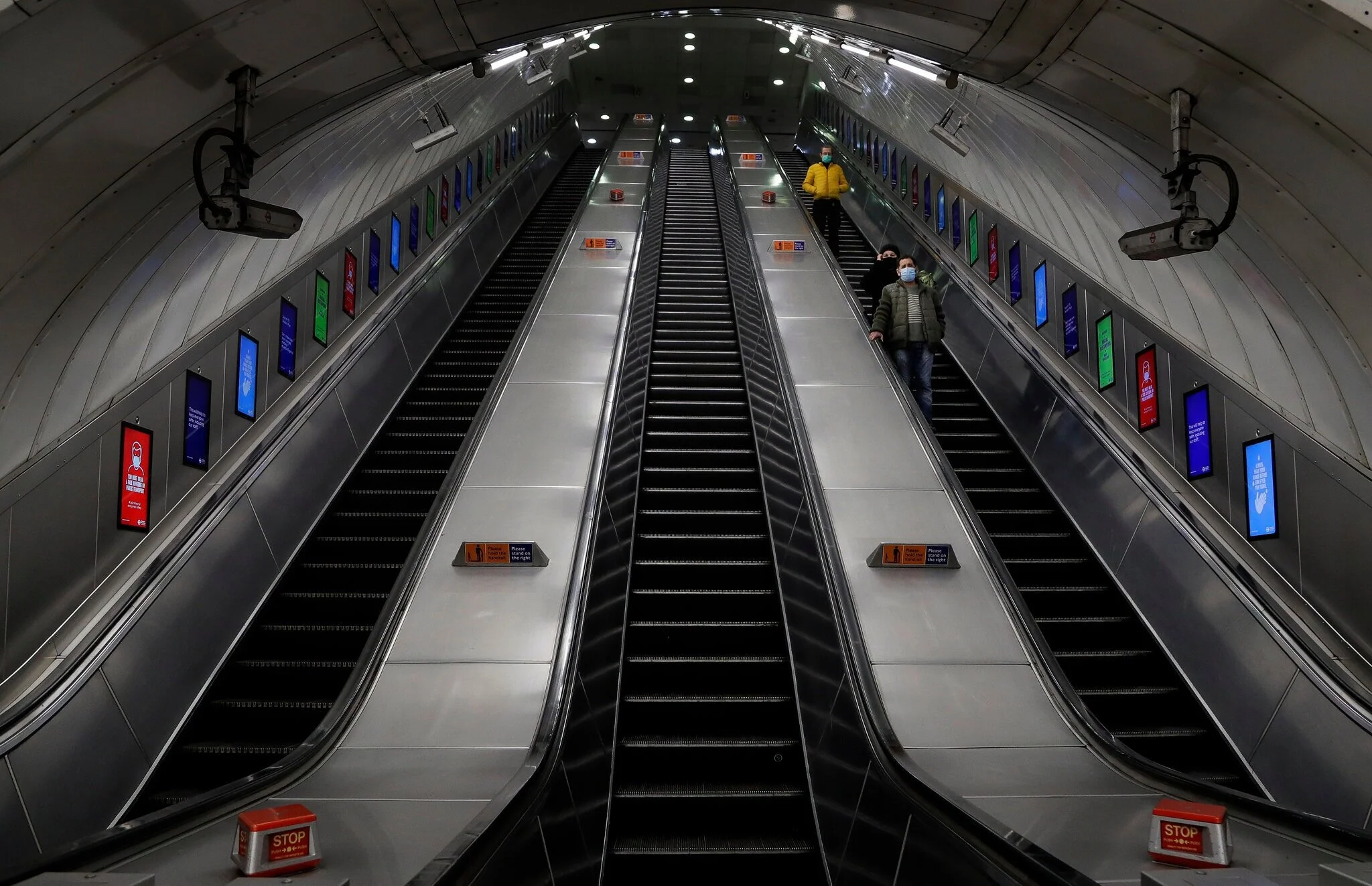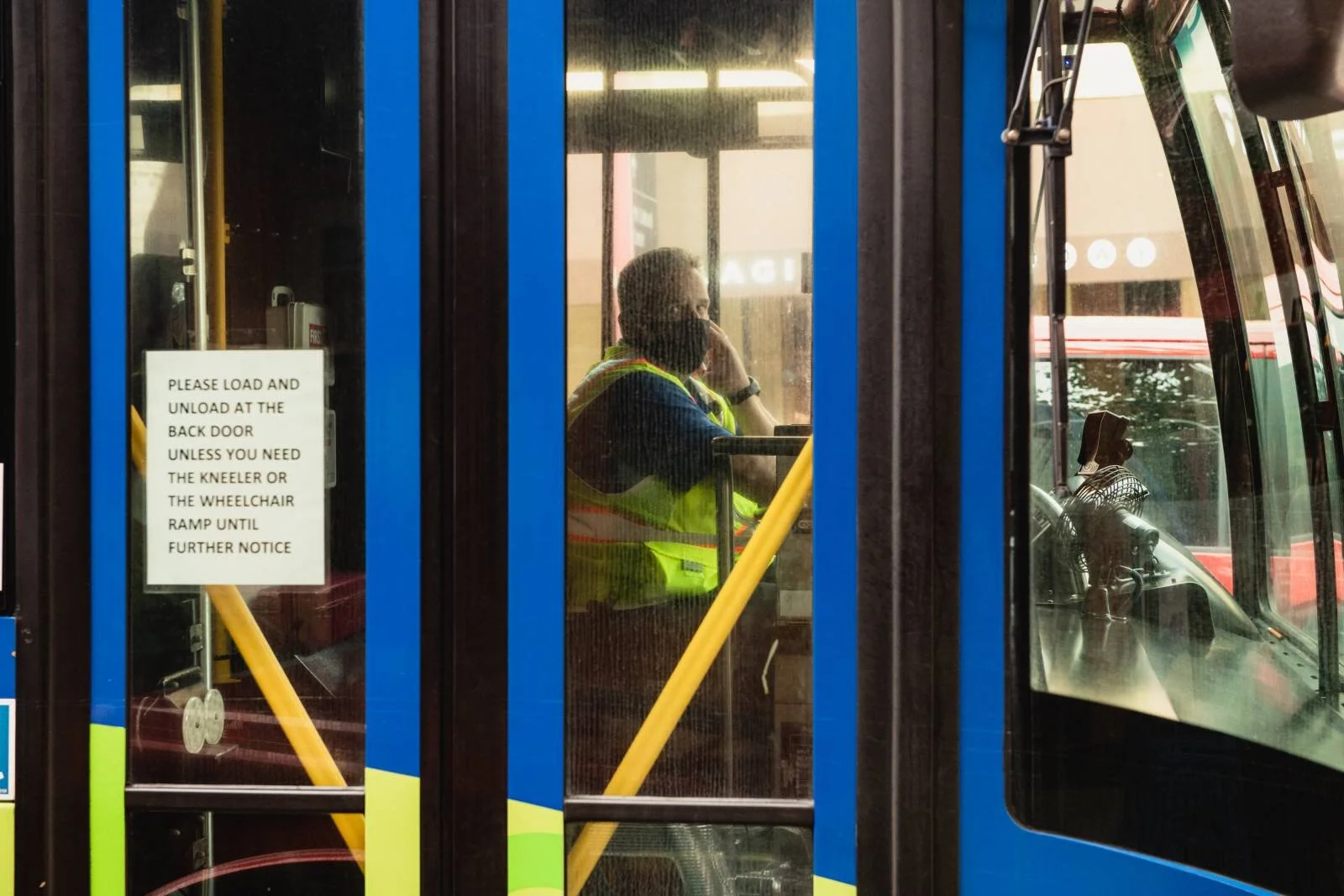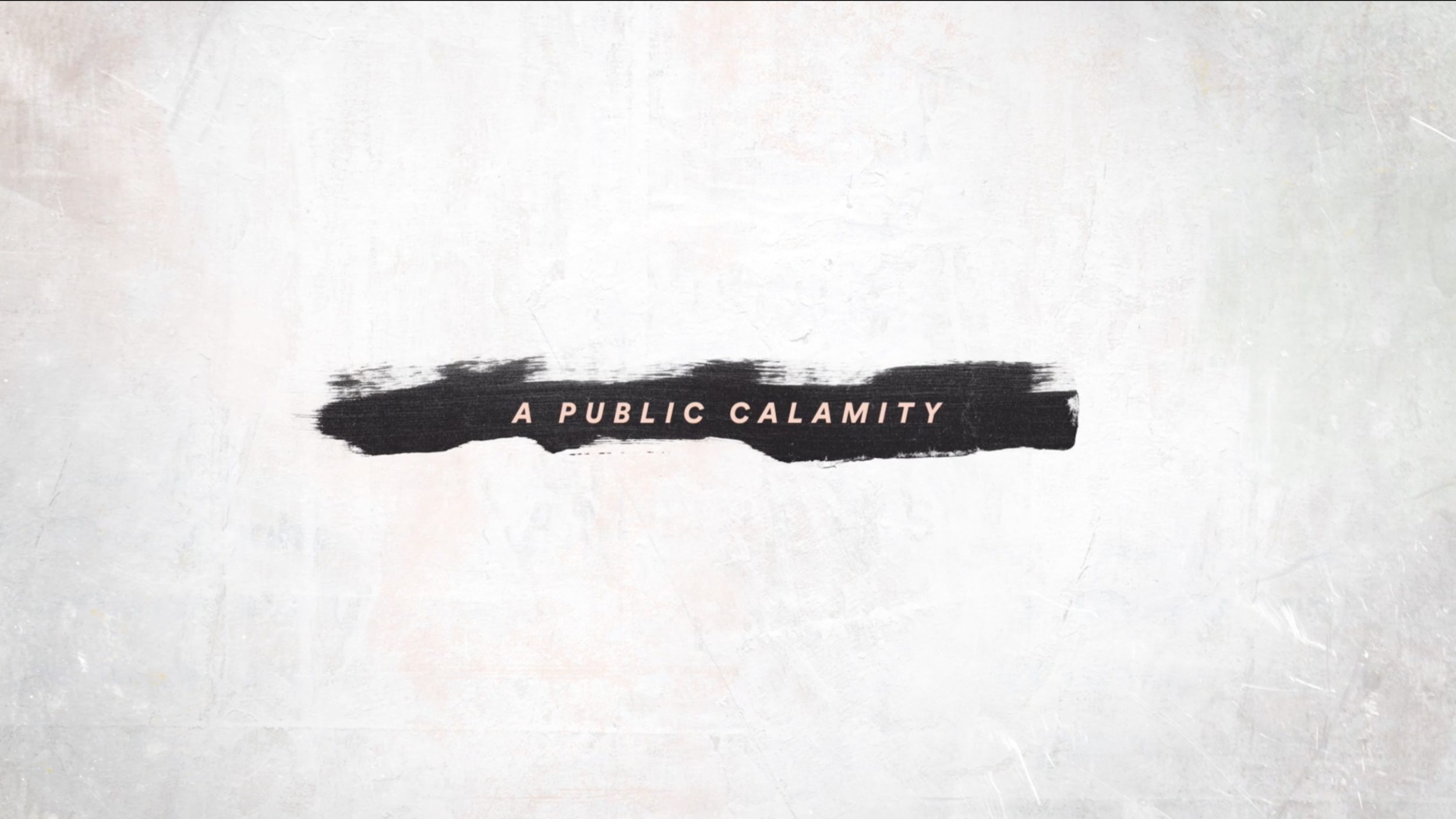Virginia public transit systems from Northern Virginia to Hampton Roads are looking for a path forward after losing riders and revenue during the pandemic. Some transit systems have been harder hit than others.
Read MoreIn London, Piccadilly Circus station is nearly empty on a weekday morning, while in Delhi, the Metro ferries fewer than half of the riders it used to. In Rio, bus drivers are on strike, and in New York City, subway traffic is at just a third of normal volume.
Read MoreFacing the worst pandemic in at least a century, transit agencies throughout Virginia and the nation are struggling to balance the needs of their riders, the safety of their operators, and the implications of the coronavirus for their finances.
Read MoreGRTC is providing free on-demand rides to Richmond and Henrico Health Districts COVID-19 vaccine recipients who need transportation to reach their appointments.
Read MoreThe Coronavirus Response and Relief Supplemental Appropriations Act, 2021 (CRRSAA), enacted in December 2020, marks the second round of emergency public transit funding following the onset of the COVID-19 pandemic. It provided $14 billion for transit agencies in 2021, following the infusion of $25 billion provided by Congress in March 2020 through the CARES Act.
Read MoreJust days after GRTC announced the second death of an employee due to COVID-19, the Virginia Department of Labor and Industry opened an investigation looking into a complaint that the transit company is not adequately enforcing health safety regulations.
Read MoreA 50th GRTC employee has tested positive for COVID-19 since March, the transit company announced Saturday.
Read MoreA GRTC employee who tested positive for COVID-19 on December 17 and was hospitalized on December 22 has died as a result of the virus, according to the transit company.
Read MorePublic transit agencies in the U.S. are struggling with lower ridership and revenues during the pandemic. NPR's Ailsa Chang talks with transit experts about whether subway and bus systems can survive.
Read MoreJohn E. Thrower, Jr. 49, a driver known for his bright smile and pleasant attitude, succumbed at a local hospital to the coronavirus Wednesday, Sept. 23, 2020, after a five-week battle.
Read MoreA vigil for a GRTC bus driver who died of COVID-19 at Broadrock Sports Center.
Read MoreWednesday, the wife of a beloved GRTC bus driver who lost his battle with COVID-19 last week is speaking out for the first time since her husband died a month after contracting COVID-19.
Read MoreDear Colleagues, Friends, and Allies,
Amidst these tumultuous times of global pandemic and national trauma caused by an epidemic of police violence, state-sanctioned lynching, and unjust incarceration of Black people, we hope that you are safe, healthy, and finding ways to recharge.
While trying to get to work over the past few months, Brittany Williams, a Seattle home care worker, has often been passed by two or three buses before one stops to let her board.
Read MoreOn October 12, 1918, Maggie Walker was interrupted from her work with a call from the governor.
Walker had a full plate. She was the first African American woman to charter a bank, and a leader in Richmond’s Black community.
Governor Westmoreland Davis needed Walker’s help. The influenza pandemic was ravaging Richmond, with the Richmond Times-Dispatch reporting 549 deaths by the end of that month.
Read MoreFrom The Future of America’s Past—
Governors nationwide have moved to reopen their states, even as the coronavirus crisis continues to grow. This impulse has a precedent: it’s what many towns, including Richmond, Virginia, did during the 1918 flu — a global health crisis that killed more than 50 million people worldwide, and more Americans than all 20th- and 21st-century wars combined.
In a detailed look at the history of Richmond, Benjamin Campbell examines the contradictions and crises that have formed the city over more than four centuries. Campbell argues that the community of metropolitan Richmond is engaged in a decisive spiritual battle in the coming decade.
Read MoreWhen the 1918 influenza epidemic began, African American communities were already beset by many public health, medical, and social problems, including racist theories of black biological inferiority, racial barriers in medicine and public health, and poor health status.
Read MoreThis thesis seeks to understand why Richmond, Virginia's electric streetcar system, which was the first electric streetcar system in the world when it started in 1888, spent so many of its earliest years in bankrutpcy and why it remained a bad investment even as it profoundly transformed the city.
Read More









